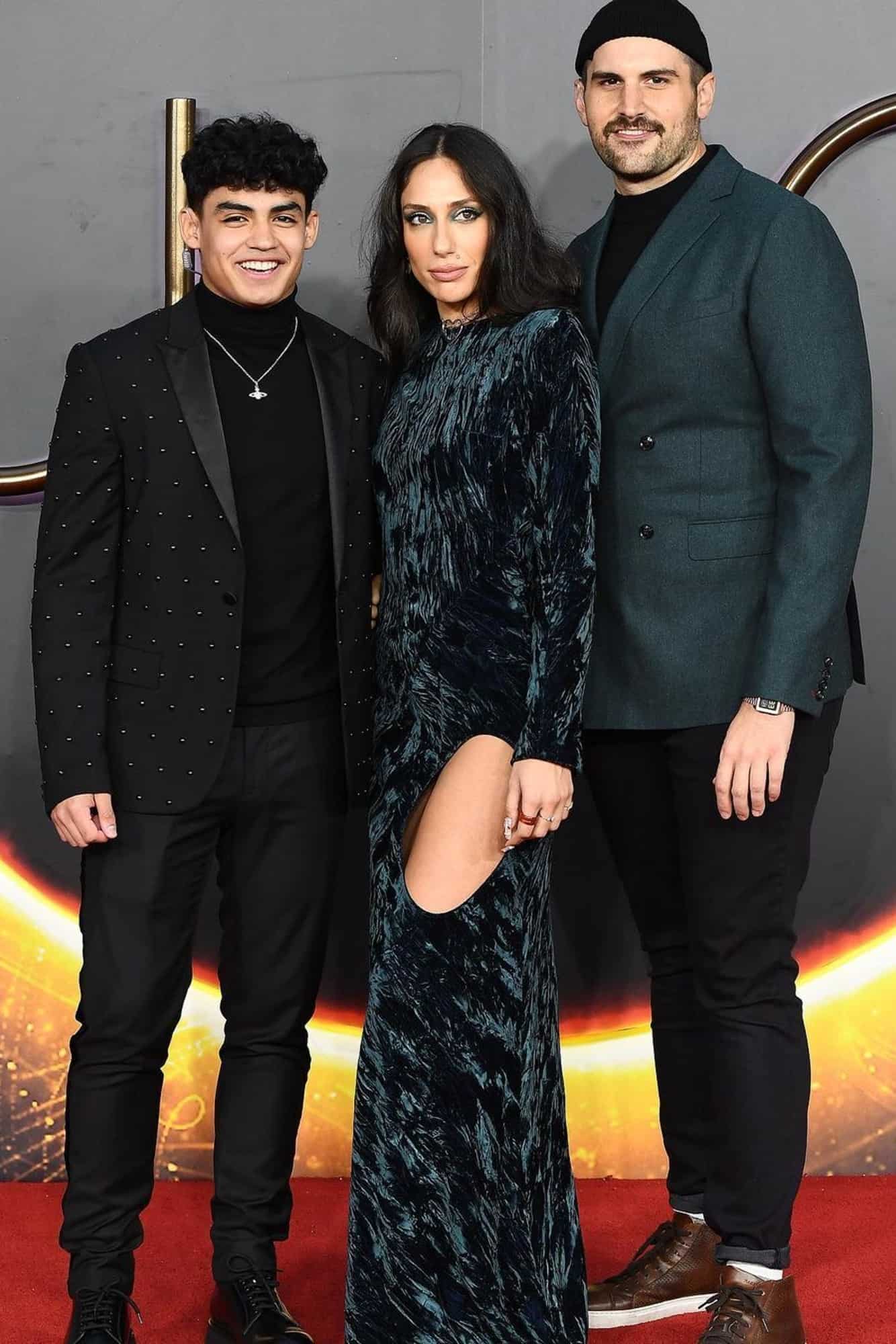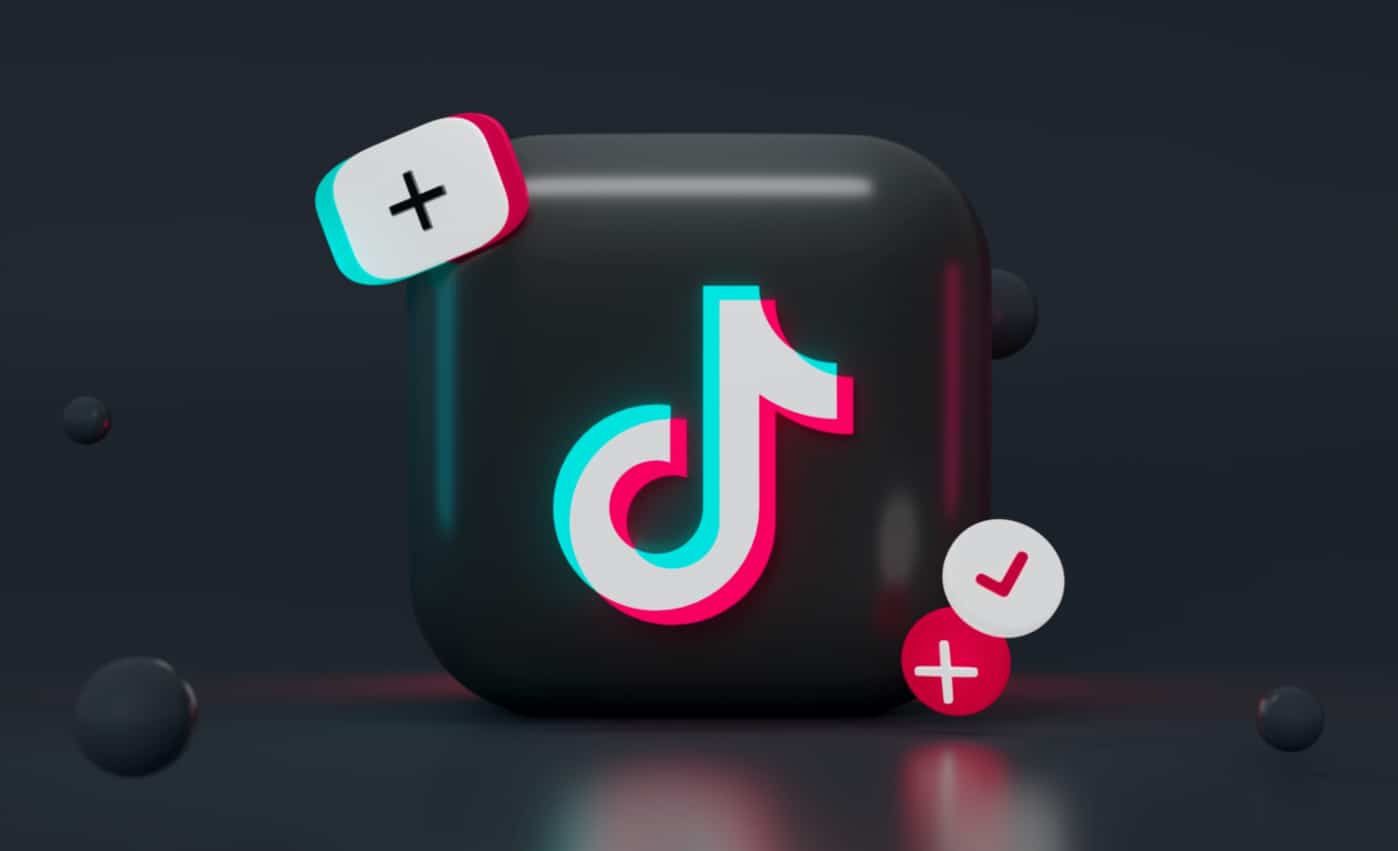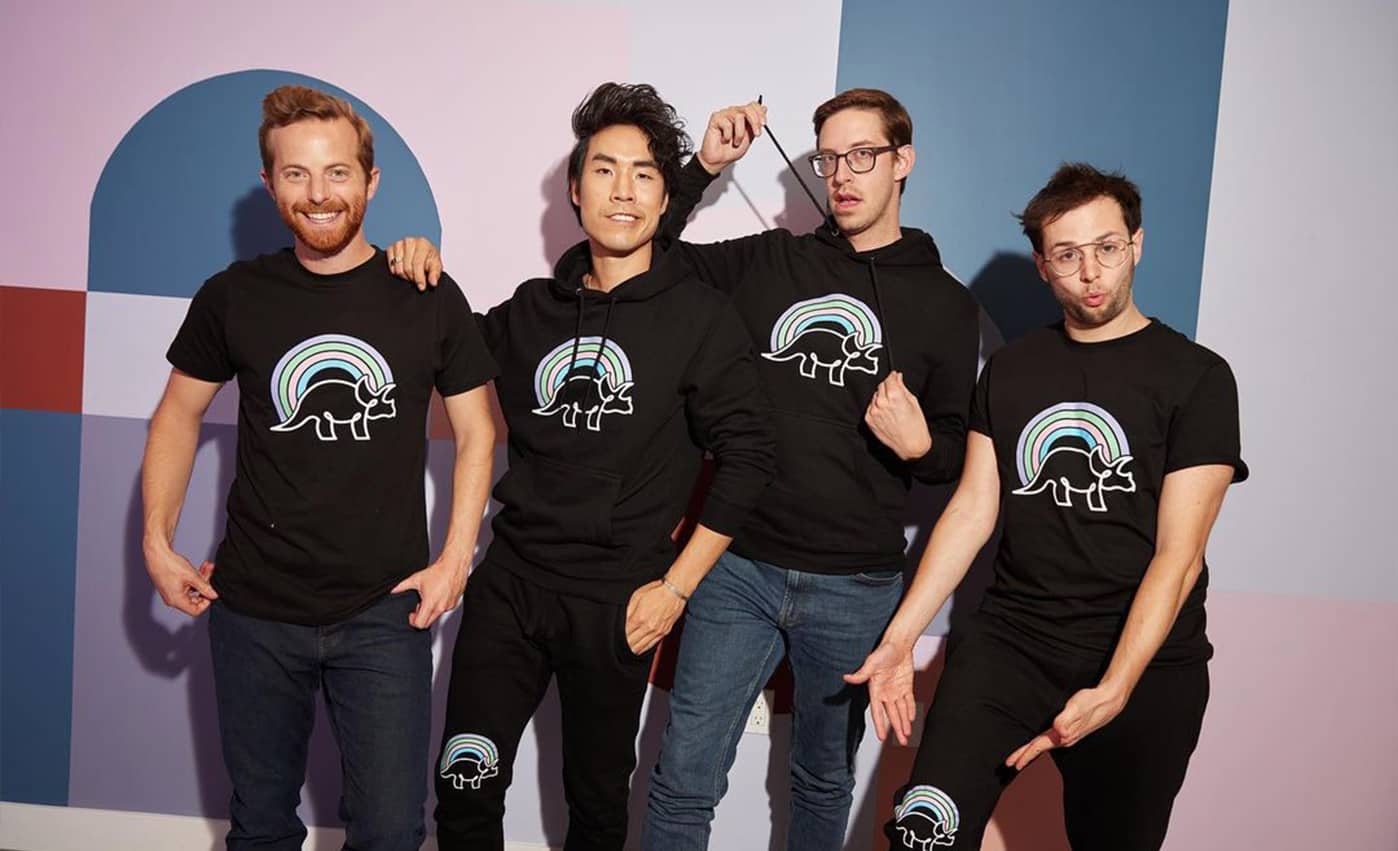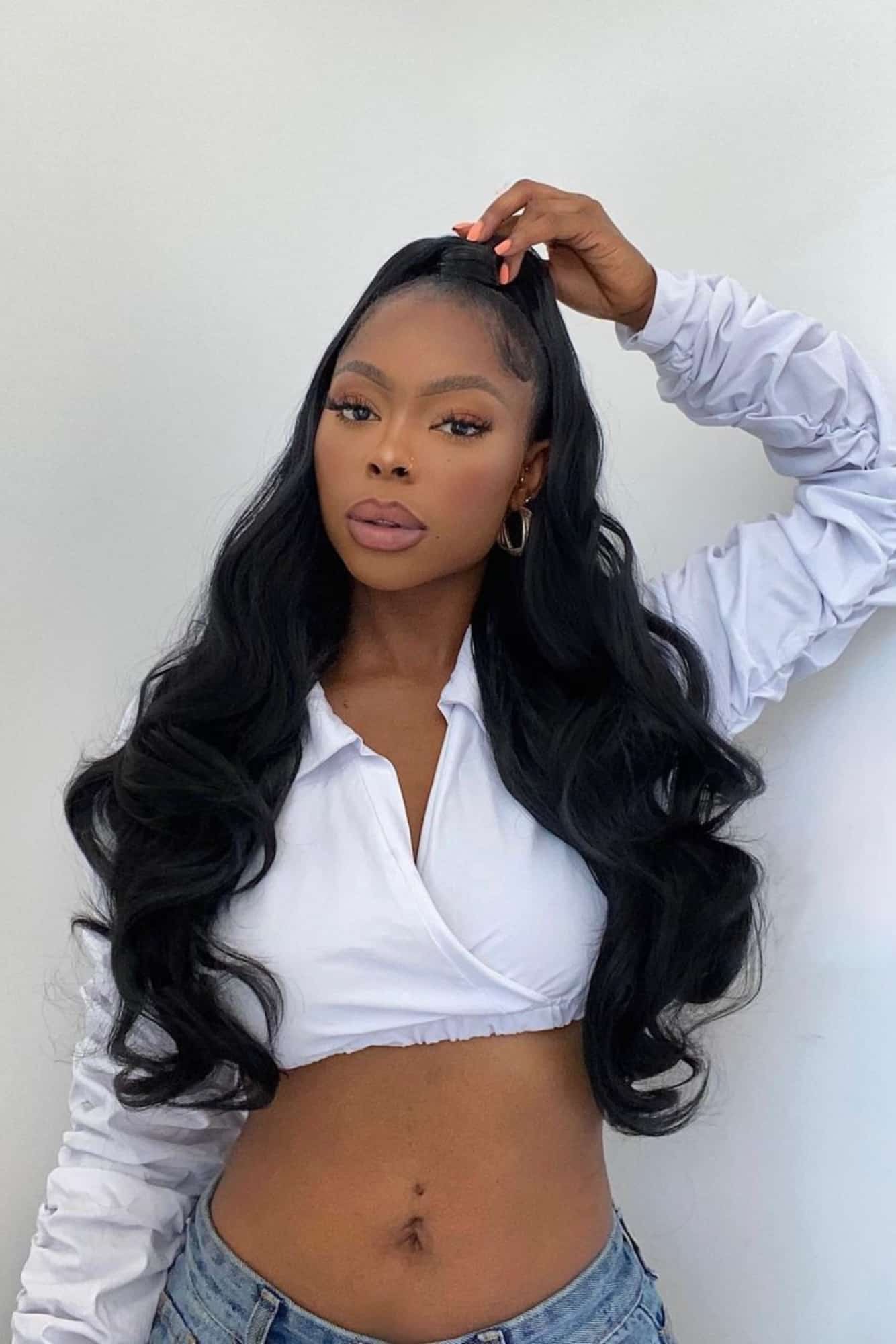A clip of TV personality Sam Thompson interviewing Dune: Part Two actors Timothée Chalamet and Austin Butler went viral on X (formerly Twitter) this week. Thompson was criticised for taking the place of a journalist during the press junket and for his lack of interesting, well-researched questions.
The video has had more than 8.7 million views on X and is a snippet of Thompson’s seven-minute interview with the actors for Hits Radio. Understandably, many journalists were annoyed and disheartened that the TV personality was given the opportunity while writer Douglas Greenwood wasn’t given time to speak to the film’s cast.
Thompson’s interview is an example of the major shift within the media landscape, in which creators are now replacing broadcasters and the lines between journalists and influencers become blurred. Creators-as-interviewers isn’t a new phenomenon – vlogger-turned-entrepreneur Caspar Lee interviewed Zac Efron and The Rock during their Baywatch press tour back in 2017 – but this trend is likely going to increase in the next few years due to more publications going under.
Journalists are battling creators for media opportunities
In January and February 2024, VICE, The Los Angeles Times and BuzzFeed announced hundreds of job cuts. Press Gazette calculated that approximately 1,000 people at publications across the UK, Ireland, the US and Canada were impacted by closures and redundancies in January. At least 8,000 media and journalism roles were cut in the UK, US and Canada in 2023.
There are limited full-time roles available in media, and journalists must now compete against influencers for everything from columns to presenting opportunities. Also in February, TV personality and entrepreneur Jamie Laing replaced Jordan North as the new co-host of BBC Radio 1’s drivetime show and the decision was also slammed by journalists.
Reporter Poppie Platt said it best: “Is there any point in even encouraging young people who want to work in the media anymore when every doc/podcast/radio show/column is given to a reality show contestant churning out ‘content’ worthy sound bites”?
In defence of Thompson, his questions weren’t riveting but journalists don’t always ask celebrities the most insightful questions. In February, a clip of BBC journalist Ahmed Nur’s interview with Sutton United manager Steve Morison received more than 1.2 million views on X, in which Morison criticised Nur’s questions. People in the replies concurred and noted his queries were “crap” and “awful”.
With that in mind, there is a space for creators in the industry – just see Amelia Dimoldenberg or Reece Feldman’s success – but it’s worth noting they have strong and relevant backgrounds. Dimoldenberg has a bachelor’s degree in fashion communication: fashion journalism from Central Saint Martins and has discussed her rigorous interview prep for her popular red carpet stints. Meanwhile, Feldman has worked as a production assistant for series such as Amazon Prime Video’s The Marvelous Mrs. Maisel. See also film and travel creator Thomas Duke (Stepping Through Film)’s interview with Olivia Colman, in which he thanked her for her role in Netflix’s Heartstopper series, which received a positive response.
You may also like
While creators may be infiltrating the journalism industry, reporters are becoming influencers in their own right and getting brand deals. Just see podcaster and journalist Chanté Joseph (48,000 followers on Instagram and 33,000 on TikTok) and reporter Sophia Smith Galer (more than 258,000 Instagram followers and 529,000 on TikTok).
This is partly because writers have to be online due to the uncertain job market. As tech writer Morgan Sung told the Substack newsletter Embedded: “It’s expected almost at this point for journalists to have some sort of social media presence, but to curate that and maintain it is like a second job.” Previously it was on X, now it’s for TikTok and Instagram.
With the media industry putting an emphasis on video content and creating digital-first content for TikTok and YouTube, it’s clear they’re inviting prominent influencers to interview A-listers in the hopes of going viral. This strategy does work – comedy creator Max Balegde’s TikTok of him lying to celebrities on the red carpet at the 2022 Prince’s Trust Awards has more than 6.9 million views – but it’s not journalism.
Creators and journalists can work in harmony and complement each other, but media organisations should think long and hard about whether they want viral content or thoughtful, nuanced interviews the next time they decide who gets to attend a press junket.
By Caroline Edwards, CORQ news and features writer. Picture credit: Hits Radio via YouTube










